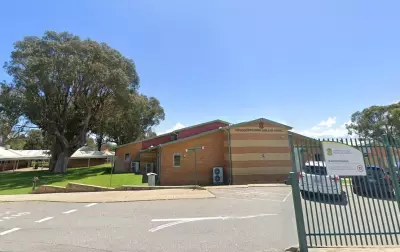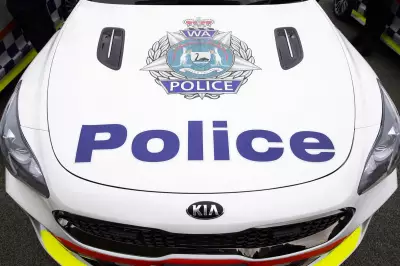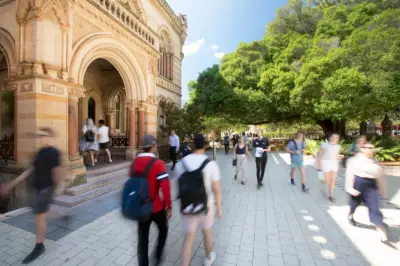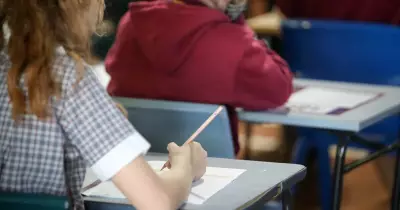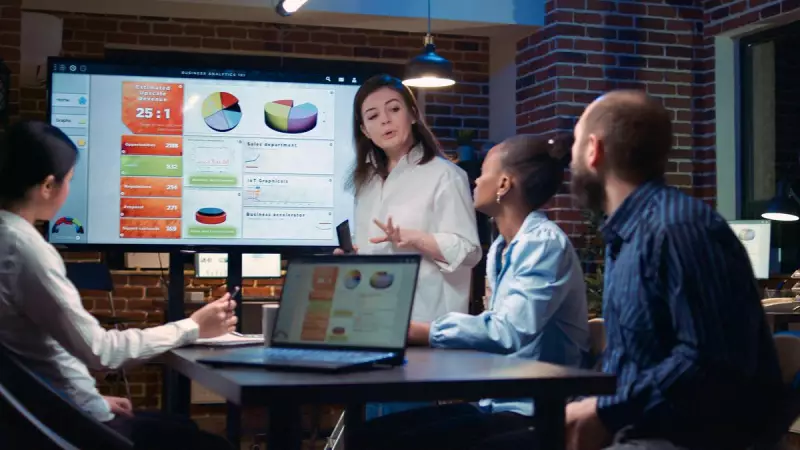
In an era overflowing with information and conflicting opinions, Australians are facing a growing dilemma: who can we really trust? The traditional reliance on experts and authority figures is undergoing a significant shift as more people question established knowledge and seek their own answers.
The Erosion of Trust in Modern Society
Trust in institutions and experts has been steadily declining across Australian society, creating a challenging environment where misinformation can thrive. This trend isn't limited to any single field—it affects everything from medical advice and scientific consensus to economic predictions and political analysis. The digital age has amplified this phenomenon, giving everyone with an internet connection a platform to share their views, regardless of their qualifications or expertise.
This erosion of trust presents a complex problem. While healthy skepticism can be valuable, the complete dismissal of expert opinion can lead to dangerous consequences. We've seen this play out during health crises, climate change discussions, and economic policy debates, where established facts are often challenged by emotional appeals and anecdotal evidence.
The Importance of Personal Research
Rather than blindly accepting or rejecting expert opinions, Australians are increasingly encouraged to conduct their own thorough research. This doesn't mean simply scrolling through social media feeds or watching a few viral videos. Proper research involves seeking out multiple credible sources, understanding different perspectives, and critically evaluating the information you encounter.
The process of personal research serves several important functions. It helps individuals develop critical thinking skills, understand the complexity of issues, and make more informed decisions. When you take the time to investigate a topic thoroughly, you're better equipped to distinguish between evidence-based information and misleading claims designed to manipulate your opinion.
Navigating the Information Landscape
Conducting effective research in today's digital environment requires specific skills. Australians need to learn how to identify reliable sources, recognize bias in reporting, and understand the difference between peer-reviewed studies and opinion pieces. Developing these media literacy skills has become as essential as traditional reading and writing abilities.
One of the biggest challenges is the sheer volume of information available. The internet contains both valuable research and dangerous misinformation, often presented in similarly convincing formats. This makes it crucial to verify information across multiple reputable sources before accepting it as truth.
The current information climate demands that we strike a careful balance. While experts provide valuable knowledge based on years of study and experience, individuals must take responsibility for verifying information and making informed choices. This balanced approach represents the most effective way to navigate our complex modern world.
As Australian society continues to grapple with these challenges, the ability to think critically and research thoroughly becomes increasingly vital. By developing these skills, individuals can protect themselves from manipulation while making decisions that align with both evidence and their personal values.

